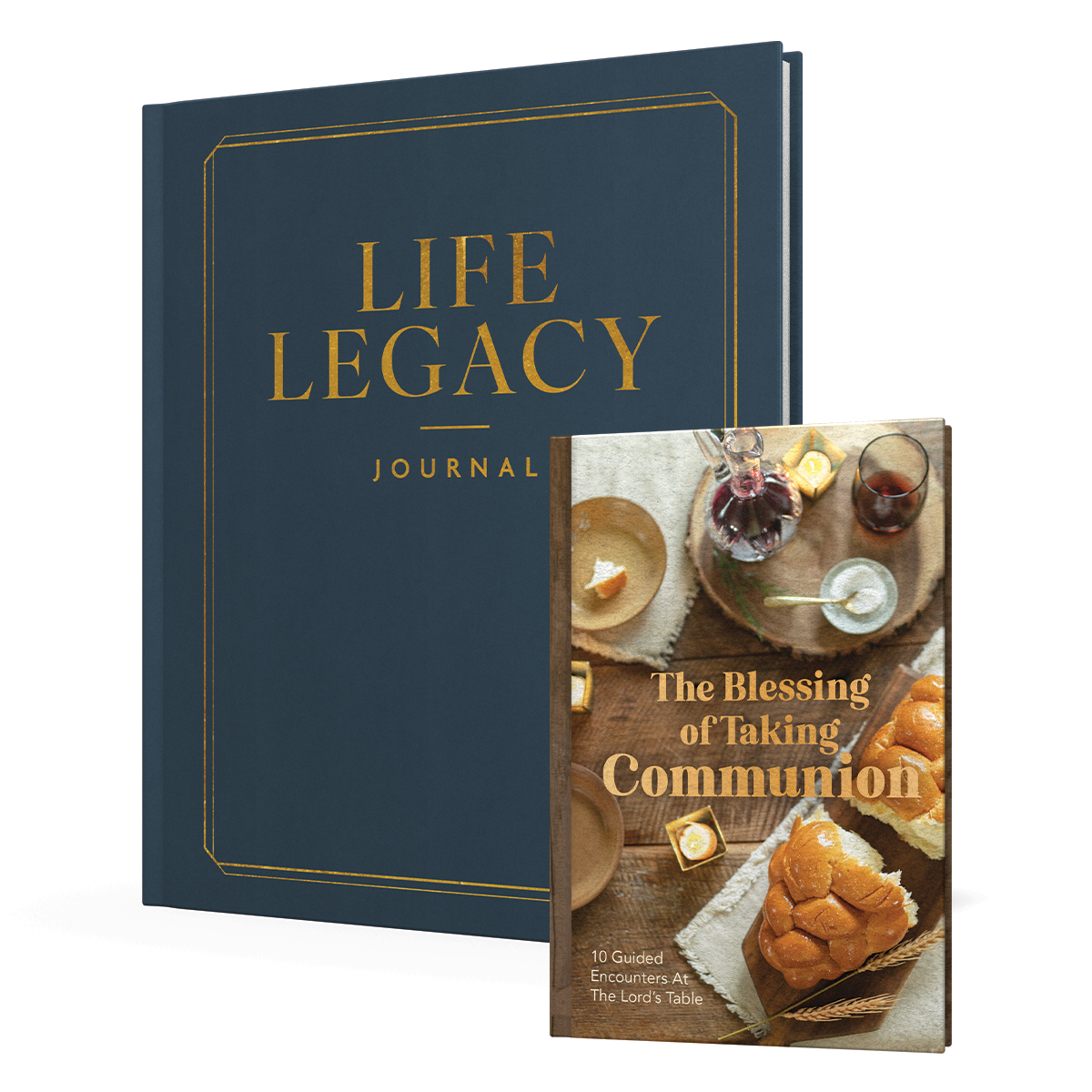The word honor actually means “to esteem at the highest level” or “to add weight to.” It comes from a time when people used to weigh shekels (coins) to determine their value. The heavier the coin, the more value it had. And so it is with honor – the more you put value on something, the more weight it has in your life.
When we honor someone or something, we give it weight or deep respect. It isn’t enough to feel it inside; honor must include an outward expression or it’s just lip service (Isaiah 29:13). Honor includes the heart condition and the outward expression of respect and reverence for something that we esteem to the highest degree.
In order to understand biblical honor, we need to look at God for a perfect demonstration of this powerful principle. As sovereign Creator, He is the original source of honor. I had never thought of honor in the way the Lord has been showing me. To explain it as He showed me, I want to use a story you probably know, but I believe you will see a different way when we’re done.
One of the stories I love most in the Bible is the story of the prodigal son (which I think is misnamed). You may know it well, but allow me to frame the story in a new light.
The younger son demanded his inheritance from his father and left for a distant land. To begin with, asking his father for his inheritance was an act of dishonor. He then proceeded to live wildly and spend his inheritance. He lived a life centered on doing whatever he wanted to do and on spending his money frivolously – until it ran out.
The money was gone, and so was all the food. It was a time of famine, and he didn’t have enough to eat. With no money, no friends, and nothing to eat, he hit rock bottom. When he envied some pigs eating their dinner, he realized that even the servants in his father’s house at least had enough to eat. So he came to his senses and started for home.
Imagine for a moment that you were in the shoes of the prodigal son as he arrived at the outer gate of his father’s property, starving and dirty. The last time he passed through that gate, he was sure he could make it alone in the world. He couldn’t wait to break free from his dad’s rules. Life was awesome for a while, probably even better than he had imagined. He was surrounded by people who thought he was cool (as long as he had money), but eventually starvation, humiliation, and regret were his only friends.
I imagine he rehearsed over and over in his mind what he would say to his dad to convince him to let him come back home – not as a son, but as a servant. He probably dreaded the reactions of the rest of the family and even the servants who had once served him. But though humiliating, these things probably seemed worth it for the relief of coming back under his father’s covering provision.
We learn that the father had been waiting every day for his son to return home. When he saw his son, he could have said, “Hey son, you really messed up your life. You’ve caused me great pain.” But instead, the father saw the young man while he was still a long way off and ran to him. He greeted and embraced his son.
The father did something that seems strange to us – the father honored the son. The heart of the father was moved to honor his rebellious son. He reacted the opposite way that everyone expected him to. He didn’t shout at his son or remind him of the great dishonor and humiliation his behavior had brought on his father’s household. He didn’t mention the financial cost of the shameful activities the son had participated in while living the high life.
No, the father showed nothing but genuine love and honor toward his son.
Jesus used this parable to cut through the lies and misunderstandings about the nature of His Father. This confronting story undermines the teachings of religious people who try to keep others in bondage and fear by teaching that God is an angry God who responds to sin with judgment and punishment.
Jesus used the story to declare that the opposite is true. Regardless of our condition, God always waits with love, forgiveness, and honor for all who are willing to humble themselves and reach out to him.
Russell Evans is the Senior Pastor of Planetshakers City Church in Melbourne, Australia. This is an excerpt from The Honor Key by Russell Evans. Copyright ©2014 by Russell Evans. Published by My Healthy Church. Used by permission.










